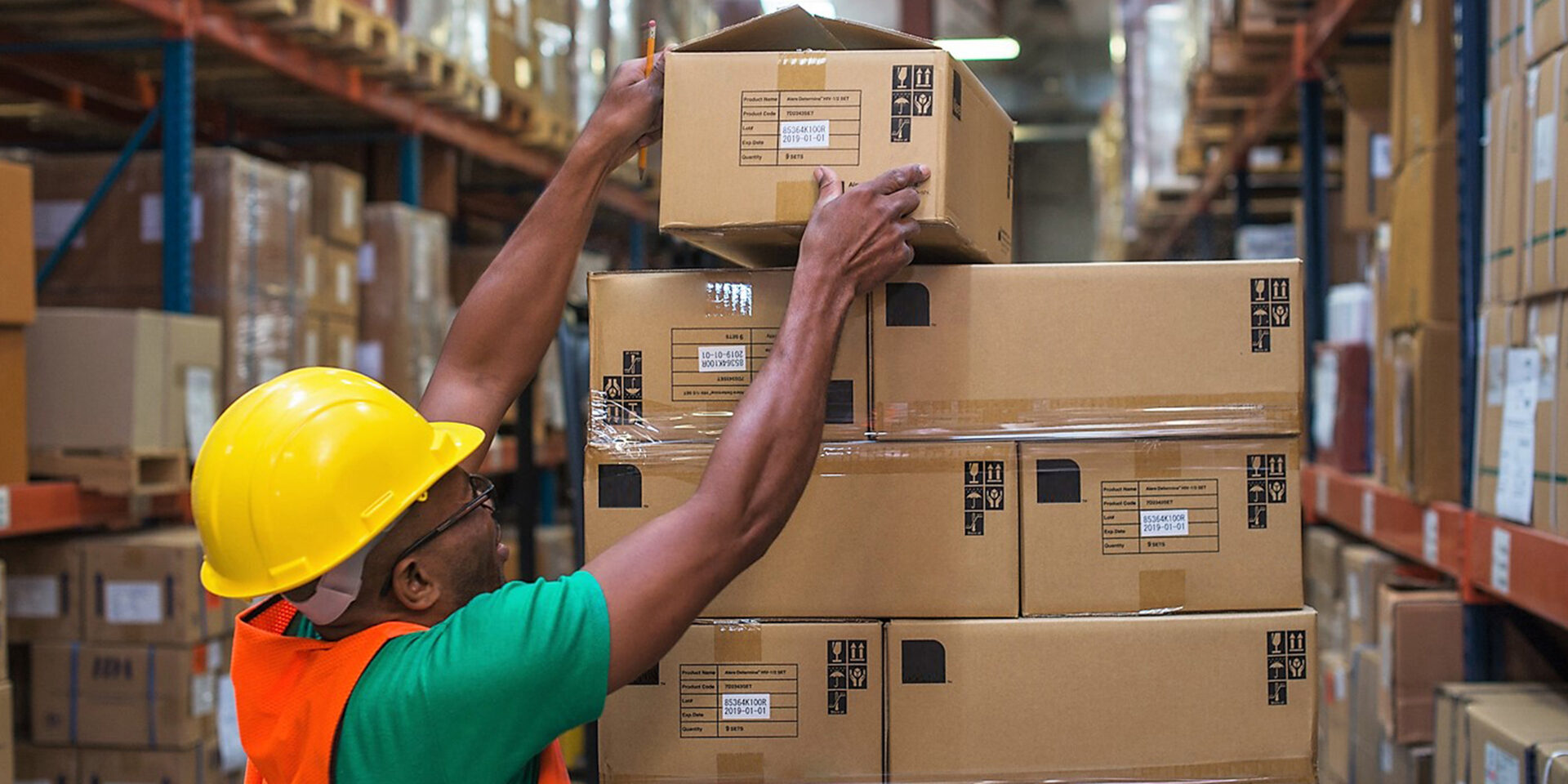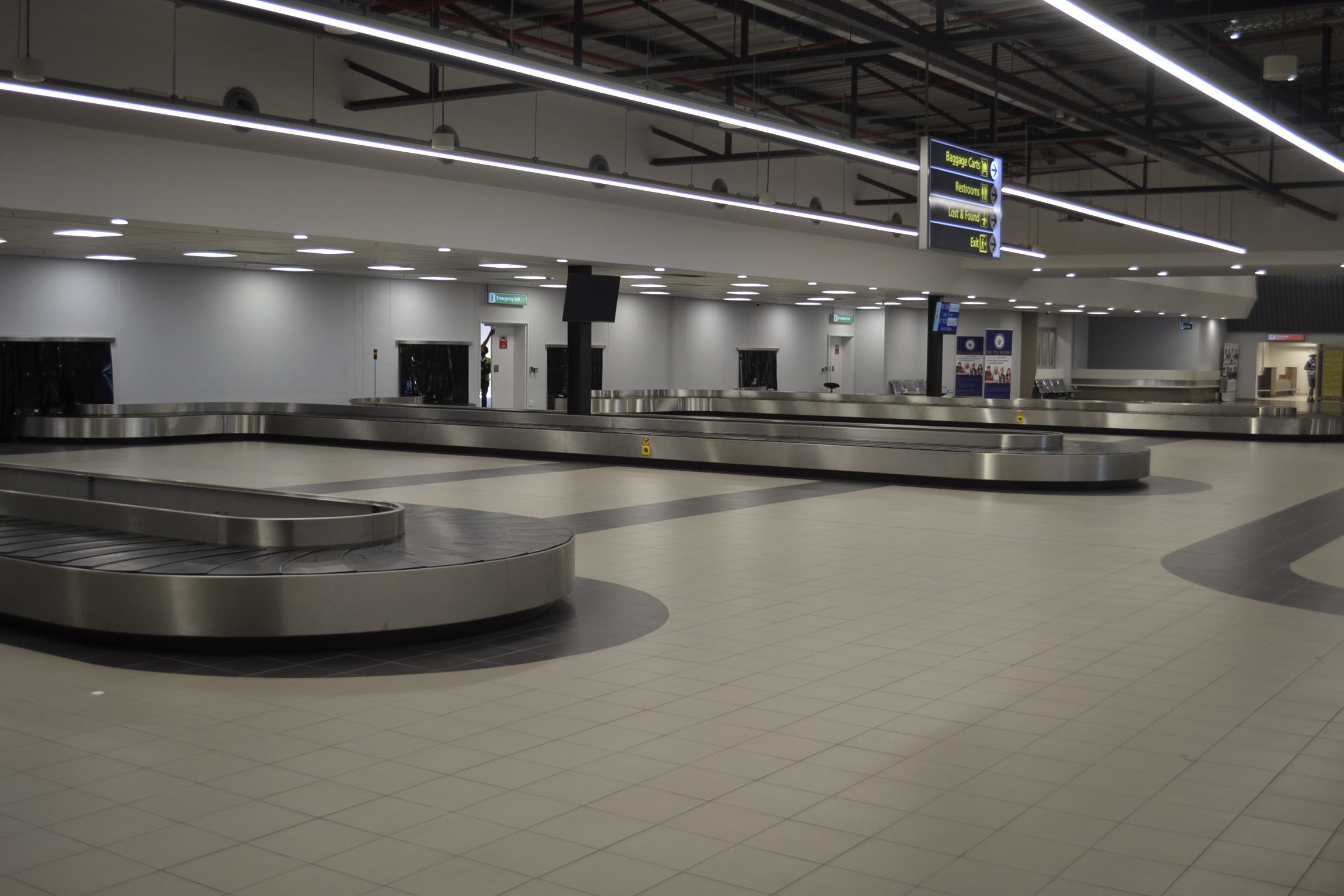Effective supply chains needed for Namibia
Namibia needs to optimise its supply chain networks
Namibia needs to seek out opportunities to embed sustainability and social value within sourcing projects.
Effective supply chains can make a world of difference to Namibia’s future.Procurement professionals have been thrust into the limelight amid local and global challenges and are perfectly positioned to uplift the Southern African nation, says the chief executive of the Chartered Institute of Procurement & Supply (CIPS).
The Covid-19 pandemic, corruption, supply disruptions and the conflict in Ukraine have created an extremely uncertain business environment, meaning that effective supply chains have become more important than ever, according to CIPS CEO Malcolm Harrison.
Speaking during a visit to Namibia, Harrison said it was critical for supply chains to be agile and flexible during times of disruption to mitigate risk, deliver innovation, conserve the planet and drive benefits to end customers.
Harrison toured Namibia, Botswana and South Africa in early September, speaking at a number of business breakfasts, dinners, roundtable discussions and a CIPS’ Southern African region graduation ceremony in Johannesburg, South Africa.
The gala graduation ceremony was held at the Hilton Hotel in Sandton and attended by a number of dignitaries, as well as family and friends of the graduates.
Challenges as opportunities
"The considerable challenges occurring across Southern Africa have not escaped Namibia," Harrison said during the visit to Namibia.
"But these challenges give us the opportunity to work with procurement professionals and businesses across the region to transform supply chains to overcome barriers and deliver solutions that offer a more sustainable and equitable society."
Among those who attended CIPS events in Namibia, were representatives from the finance ministry and the ministry’s procurement policy unit, the Namibia Civil Aviation Authority, Namibia Post and Telecom Holdings, Central Procurement Board Namibia, the National Petroleum Corporation of Namibia, Standard Bank Namibia, Namdeb Diamond Corporation (Pty) Ltd, and the Social Security Commission.
The Namibian economy is estimated to have recovered moderately in 2021 and is projected to improve further in 2023, supported by better growth for the mining industry and most tertiary industries.
However, the current estimates were revised down from 1.5%, largely reflecting lower performance for sectors like non-metallic mineral products, construction, wholesale and retail trade, and financial services.
Coupled with the global impact of volatile trade relationships between the United States and China and, more recently, the effects of the war in Ukraine, the situation is daunting, but procurement professionals are rising to the challenge, Harrison said.
"Procurement professionals have always managed to navigate disruption, perhaps not always on the scale we have seen recently, but they are adept at finding solutions to manage the situations they are faced with. This is where they are coming into their own and demonstrating their core value by managing supply chain relationships and sourcing from new suppliers, often at a local level."
Digital progress
Namibia imports 60% of its total domestic consumption needs, with most originating from South Africa. Given that, on average, 70% of Namibians rely on market access for food; a high risk for the unemployed and those who live below the poverty line.
The Namibian government has approved a policy that provides a market platform through local procurement of food from local producers. The directive obliges public institutions to support local production of food by sourcing it from local producers. This can also be complemented by bringing markets, finance and technologies to smallholders using business-to-business e-commerce platforms.
Harrison believes digitalisation of systems will go a long way in driving procurement reforms and creating effective communication platforms that can be utilised by the state. "Digital transformation will increase public value and trust, lead to greater transparency, improve citizen participation, stimulate proactive service delivery and enable economic development and growth."
The case of DHL Namibia is a good example, where the first wave of automation using intelligent robotics has arrived in the logistics industry. Robotic solutions are becoming more important in the supply chain, assisting workers with warehousing, transportation and last-mile delivery activities.
‘Privileged position’
However, Harrison emphasised that the issues of sustainability and ethical business practices must not be ignored: "It’s vital reform must ensure that procurement professionals embed both ethical and sustainable practices at the heart of their operation.
"The reality is that we are running short of vital resources at a greater rate than we are consuming them. Wildfires, droughts, and floods are a regular occurrence. Now is the time for procurement teams to get a handle on this.
"In many organisations, 90% of the impact on the climate is in the supply chains, not from within the walls of an organisation’s activities. No organisation will address climate change or truly have a sustainable business model unless they focus on addressing these issues in their supply chains," Harrison said.
The 2021 Intergovernmental Panel on Climate Change report’s declaration of "code red for humanity" has made it a business imperative to increase the focus on actions to establish more sustainable supply chains.
Harrison made several recommendations for procurement professionals to overcome the many challenges disrupting supply chains in Namibia and globally, which include embracing technology and seeking out new opportunities to find better ways of working to drive greater transparency.
He also suggested that they seek out opportunities to embed sustainability and social value within sourcing projects, understand the available data and become the go-to person for stakeholders to gain valuable insights and information, as well as embed themselves within the business and align with stakeholders’ goals and language.
“Be brilliant in everything they do, and build a reputation for always delivering on time. Procurement professionals are in a very privileged position to make significant changes for good, and should use their knowledge, skills and influence over supply chains to make a difference now and for future generations,” Harrison concluded.






Comments
My Zone
No comments have been left on this article